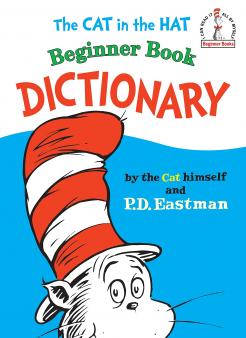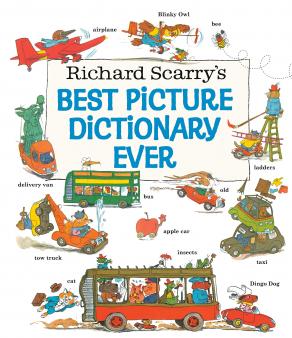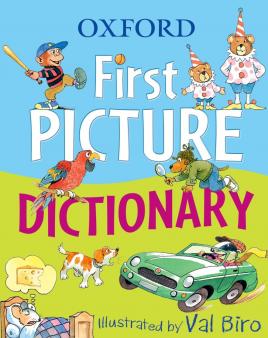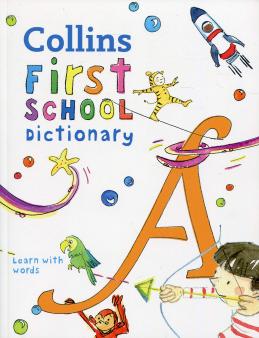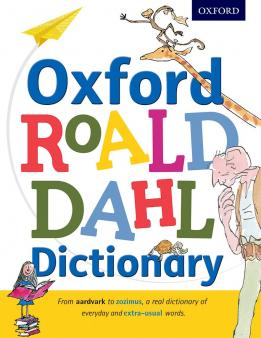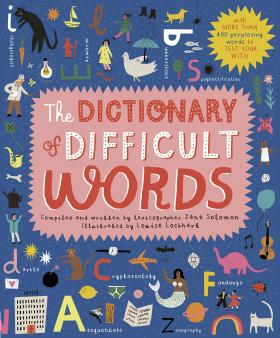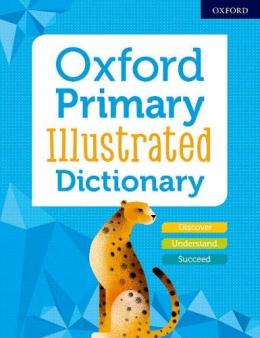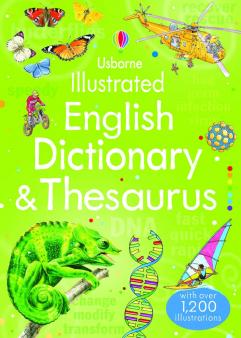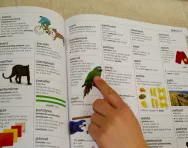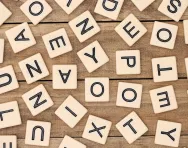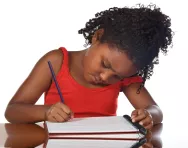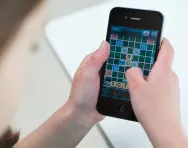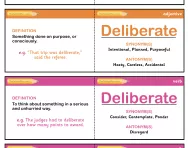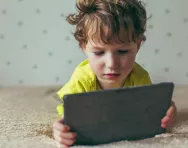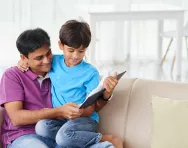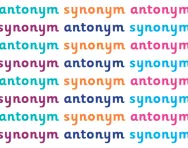TheSchoolRun.com closure date
As we informed you a few months ago, TheSchoolRun has had to make the difficult decision to close due to financial pressures and the company has now ceased trading. We had hoped to keep our content available through a partnership with another educational provider, but this provider has since withdrawn from the agreement.
As a result, we now have to permanently close TheSchoolRun.com. However, to give subscribers time to download any content they’d like to keep, we will keep the website open until 31st July 2025. After this date, the site will be taken down and there will be no further access to any resources. We strongly encourage you to download and save any resources you think you may want to use in the future.
In particular, we suggest downloading:
- Learning packs
- All the worksheets from the 11+ programme, if you are following this with your child
- Complete Learning Journey programmes (the packs below include all 40 worksheets for each programme)
You should already have received 16 primary school eBooks (worth £108.84) to download and keep. If you haven’t received these, please contact us at [email protected] before 31st July 2025, and we will send them to you.
We are very sorry that there is no way to continue offering access to resources and sincerely apologise for the inconvenience caused.
How to teach your child to use a dictionary
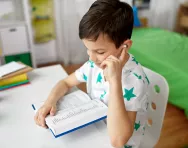
A wide vocabulary is one of the biggest academic assets a child can have. It improves their attainment not only at school and in exams such as SATs and the 11+, but also in later life – as well as equipping them for the world of work, it’s also linked to better mental health. Worryingly, though, a 2018 survey of teachers by Oxford University Press (OUP) showed that at least 40% of children lack the necessary vocabulary to progress at school.
There are many different ways in which children build their vocabulary.
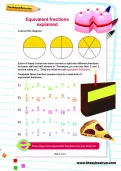
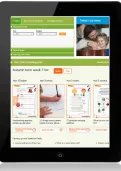
Boost Your Child's Learning Today!
- Let us create a tailored plan for your child
- Then we'll add English & maths resources each week
- So you can watch your child leap ahead in their learning & confidence
One important way is learning to use a dictionary to gain an understanding of new words, and of how language behaves.
The benefits of using a dictionary
‘Using a dictionary is a skill for life that children develop over time, starting with their very first dictionary,’ says Sam Armstrong, Senior Publisher at Oxford University Press.
‘It supports children’s developing language skills and helps them understand new words at different ages.’ Using a dictionary helps children master important concepts like:
- Spelling
- Word meaning
- Alphabetical order
- Word classes
For example, it helps children understand that words may have the same spelling but different meanings, like ‘bow’ (the noun, as in bow and arrow) and ‘bow’ (the verb, as in ‘I bow to the Queen’).
By providing not just definitions but also example sentences, dictionaries equip children to keep expanding their vocabulary.
‘A dictionary can support any activity that stretches children’s vocabulary in a variety of subjects, including maths and science, and encourage children to be creative and playful with language,’ Sam says.
‘These are all skills that are indispensable in the modern world, and help them flourish at school.’
While online dictionaries can be useful for looking up words in a hurry, try not to let your child become too dependent on them.
Apart from the fact that they’ll be missing out on learning vital skills like looking words up in alphabetical order, they won’t always have a phone or tablet at hand, particularly at school.
When can children start using a dictionary?
From Year 3 onwards, the National Curriculum states that children should be using dictionaries to check the meaning of words they have read – but dictionary use can begin a lot earlier than this.
‘Children can start to use a dictionary from as early as three years old,’ says Sam.
Picture dictionaries, for example, are a great way into dictionary use: they include simple vocabulary, with an illustration for each word, and an easy-to-understand definition. To begin with, you can read the definition to your child, then as they develop their literacy skills, they can start to read for themselves.
As your child gets older, you can introduce more advanced dictionaries for primary school children, secondary school pupils, students and adults, each acting as a stepping stone as they acquire new vocabulary and seek to understand more complex words and concepts.
For example, the Oxford Very First Dictionary defines ‘foot’ as ‘at the end of your leg’, while the Oxford Students’ Dictionary (age 14+) includes six definitions of the word, plus related phrases like ‘on foot’ and ‘set foot’.
9 ways to teach your child to use a dictionary
1. Choose the right dictionary for your child’s age
Children’s dictionaries usually have a suggested age range to help you choose the right one for your child.
‘Compiling dictionaries for children is all about age-appropriateness, clarity, accessibility and context, as well as adding new words as their usage increases,’ says Sam.
Oxford Owl has useful guidance on choosing the right dictionary for your child.
2. Read with a dictionary at hand
If your child encounters a word they don’t understand, first talk about what they think it might mean, taking clues from pictures and context, then help them look it up and see how close they were to the right definition.
Read a whole range of texts to expose your child to the greatest range of vocabulary: fiction, non-fiction, poetry, magazines, journalistic writing, etc.
3. Look up spellings
If your child is unsure how to spell a word, rather than telling them, help them look it up in the dictionary: this will familiarise them with how dictionaries work, as well as showing them the correct spelling.
As your child gets older, they can do this increasingly independently, with a dictionary on the desk as they’re doing homework or writing for pleasure.
4. Compile a dictionary scavenger hunt
Throw a series of quickfire questions at your child for them to solve using the dictionary, e.g. ‘How do you spell “quagmire?”’ ‘What language does the word “star” come from?’ ‘Tell me what “frippery” means,’ and so on.
This is a great activity to do with more than one child, as they can race each other to the right answer; alternatively, try doing it against the clock.
5. Make their own dictionary
Buy your child a nice notebook with alphabet dividers to record new words in, along with simple definitions, making their own bespoke dictionary.
Try to make this exciting, rather than a chore: instead of insisting your child writes each word down, play it up by saying, ‘That’s a fantastic word – shall we add it to your dictionary?’ Get them to refer back to it whenever they’re writing.
6. Play word games
Games like Scrabble, Boggle and Articulate are great for introducing new vocabulary, and although it may technically be against the rules, using a dictionary to look up meanings and check spellings will help your child become more familiar with how to use it, as well as increasing their collection of new words.
7. Look up their weekly spellings
One problem with primary school spellings is that your child may not actually know the meaning of the words they’re learning to spell. Looking them up in the dictionary will help develop their comprehension so they can use these words in their own writing and speech.
Some teachers set a weekly challenge for children to use their spellings in sentences; if not, you could encourage your child to do this at home (verbally is fine, if they’re not keen on writing).
8. Improve their creative writing
Your child has probably heard their teacher talk about ‘wow words:’ words that make a greater impact than the commonly used ones, like ‘said,’ ‘nice’ and ‘good.’
If they’re writing a story or poem at home (for pleasure or homework), have a dictionary next to them so they can look up definitions of high frequency words and find alternatives.
This works well alongside introducing a thesaurus, and they can also compile their own ‘word bank’ by writing down a common word and listing more powerful alternatives beneath it as they encounter them. They can then use this to give their writing an extra spark in the future.
9. Be playful
Unless using a dictionary is fun, children simply won’t do it, so make it a light-hearted family affair.
Call out a random, rarely used word and see who’s fastest to the definition. Choose three words and challenge everyone to come up with the silliest sentence that contains all three but still makes sense. Pick a letter, set a timer for two minutes, and see who can write down the most words that start with that letter.
Activities like these will give your child’s vocabulary a boost and help them find their way around the dictionary without it seeming like a chore.
Find more free online dictionary resources on Oxford Owl.
8 of the best dictionaries for kids
The Cat in the Hat Beginner Book Dictionary (age 3-7)
Richard Scarry’s Best Picture Dictionary Ever (age 3-7)
Oxford First Picture Dictionary (age 4+)
Collins First School Dictionary (age 5-11)
Oxford Roald Dahl Dictionary (age 6-11)
The Dictionary of Difficult Words (age 7+)
Oxford Primary Illustrated Dictionary (age 8+)
